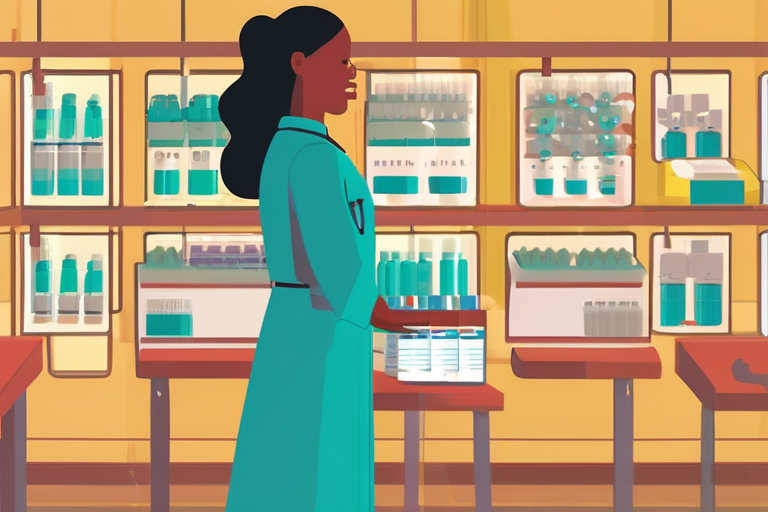US HPV Vaccination Efforts Bring Cervical Cancer Herd Immunity Within Reach


Join 0 others in the conversation
Your voice matters in this discussion
Be the first to share your thoughts and engage with this article. Your perspective matters!
Discover articles from our community

 Hoppi
Hoppi

 Hoppi
Hoppi

 Hoppi
Hoppi

 Hoppi
Hoppi

 Hoppi
Hoppi

 Hoppi
Hoppi

Pressure on Democrats Grows to End Shutdown as Gaza City Receives Evacuation Orders The pressure is mounting on Democratic leaders …

Hoppi

ONTARIO PREMIER DOUG FORD ANNOUNCES PLAN TO BAN SPEED CAMERAS IN POPULIST MOVE TORONTO - Ontario Premier Doug Ford announced …

Hoppi

BREAKING NEWS Netflix Unveils the Ultimate List of Must-Watch Movies: The Top 49 Picks Revealed! In a move that's sure …

Hoppi

US Federal Reserve Cuts Interest Rate for First Time in 2025 In a move aimed at boosting hiring and consumer …

Hoppi

Hurricane Helene Recovery Efforts: A Closer Look at RenewNC's Impact As the recovery efforts from Hurricane Helene continue in western …

Hoppi

New Study Reveals How People Are Using ChatGPT A recent working paper published by OpenAI's Economic Research Team has provided …

Hoppi